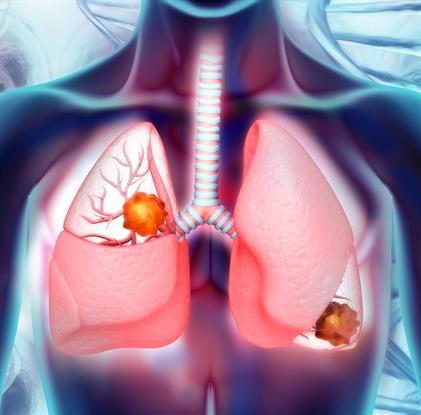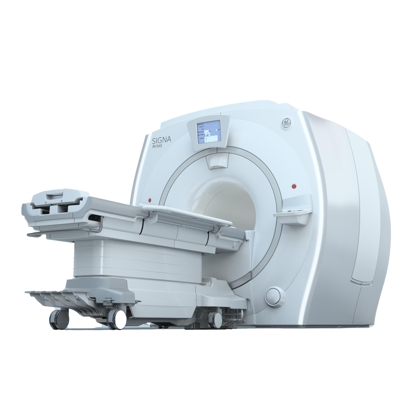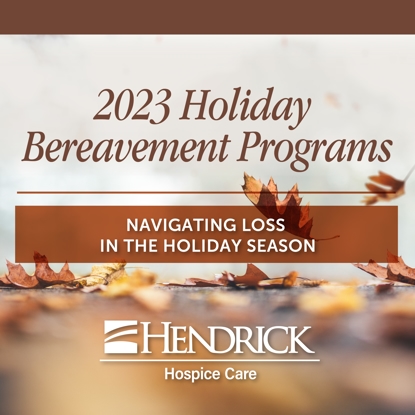Hendrick Health launches Lung Nodule Program for earlier detection
- Category: News, Pulmonology, Cancer Care
- Posted On:

According to the American Cancer Society, lung cancer is the leading cause of cancer death in the United States, accounting for approximately one in five of all cancer deaths. Because early detection is crucial to survival rates, Hendrick Health has launched the Hendrick Lung Nodule Program.
“Early cancer detection and treatment are extremely important for saving lives,” said Dr. Jose Vega, medical oncologist at Hendrick Cancer Center. “We are excited to implement the Lung Nodule Program which can greatly impact care for people at risk for lung cancer in Abilene and the Big Country.”
This new program provides timely screenings for early detection of potential lung malignancies, a streamlined process of diagnosis and treatment, as well as access to oncology services and to thoracic robotic-assisted surgery. The program team will help navigate patients through all phases, from tobacco cessation classes to diagnosis, treatment and survivorship.
Because symptoms of lung cancer typically do not appear until the cancer has spread, organizations like the American Cancer Society, the American Lung Society and the U.S. Preventative Services Task Force endorse annual lung cancer screenings for current and former smokers.
“In the same way we recommend routine mammograms for breast cancer and colonoscopies to detect colon cancer, we should be performing CT scans to screen for lung cancer in patients who meet the criteria,” said Vega. “This simple tool can make the difference in a person’s life.”
For individuals with a high-risk of developing lung cancer, Hendrick offers low-dose CT scans to enable detection of cancer at an earlier stage.
In addition to increasing lung cancer screenings, the Hendrick Lung Nodule Program uses common imaging tests like those used for injuries and illnesses, to discover and identify subtle, early signs of cancer. These imaging tests can locate “incidental” findings through an incidental findings tracker. This tracker, combined with a specialized treatment team, will create a system for flagging and evaluating incidental lung nodules that could indicate early lung cancer.
If a patient is diagnosed with a lung nodule, it does not necessarily mean they have cancer. Benign pulmonary nodules may not require any treatment, just regular follow-up visits.
“The tide is turning in the treatment of lung cancer, and more people are surviving through a combination of earlier identification, earlier diagnosis and better treatment,” said Dr. Preston Pate, pulmonologist at Hendrick Health. “Our Lung Cancer Screening program is the foundation of our efforts to improve survival for lung cancer in the Big Country because it identifies possible cancers earlier. We now have new tools such as the Ion Robotic Bronchoscope with which we can make the diagnosis on smaller tumors. Finally, robotic-assisted surgery as well as improvements in chemotherapy and radiation therapy, are saving more lives.”
If a lung nodule is malignant, then surgical removal of the nodule may be recommended. Hendrick offers ION©, a cutting edge, robotic-assisted technology that can perform minimally- invasive lung biopsies.
“Through this technology, we are able to access areas of the lungs and smaller nodules that we have not been able to access before with other interventions,” said Vega.
For individuals interested in lung cancer screenings or lung nodule management, visit hendrickhealth.org, email lung@hendrickhealth.org or call 325-670-6358.



